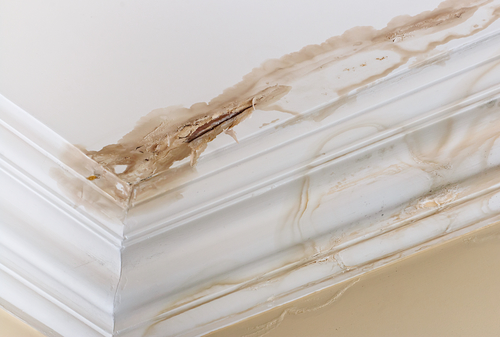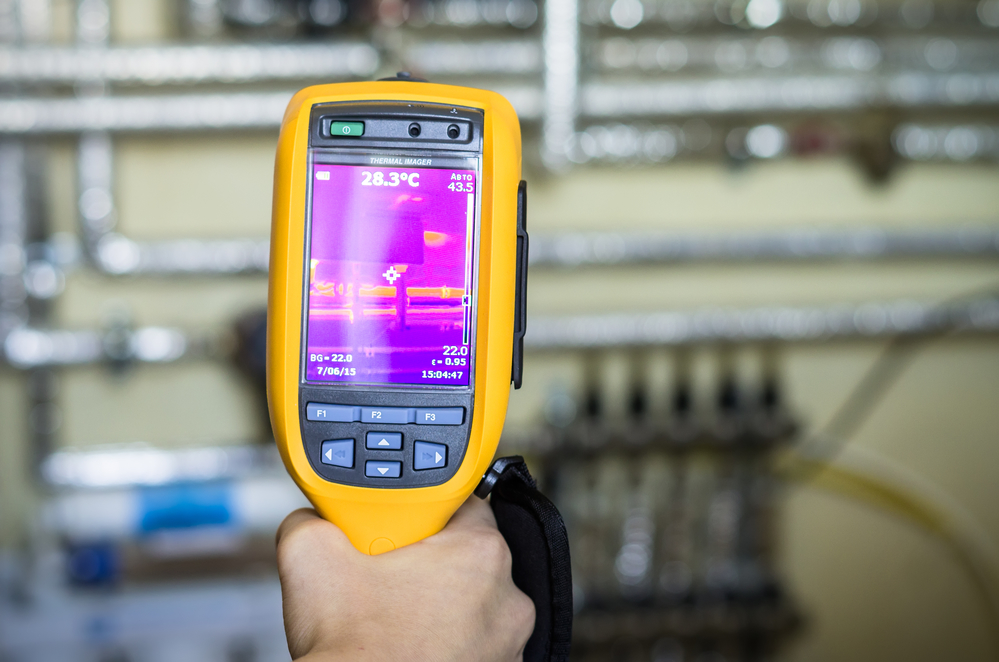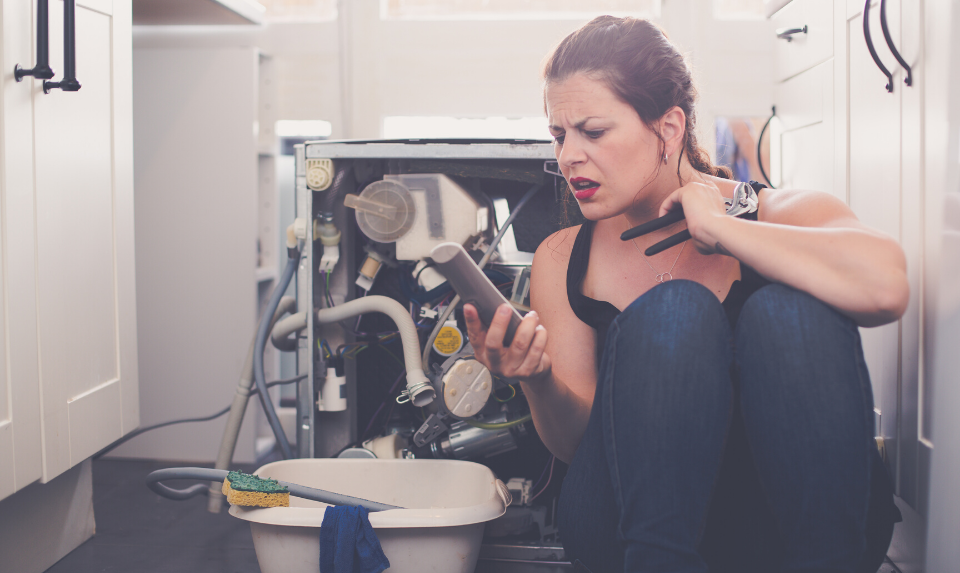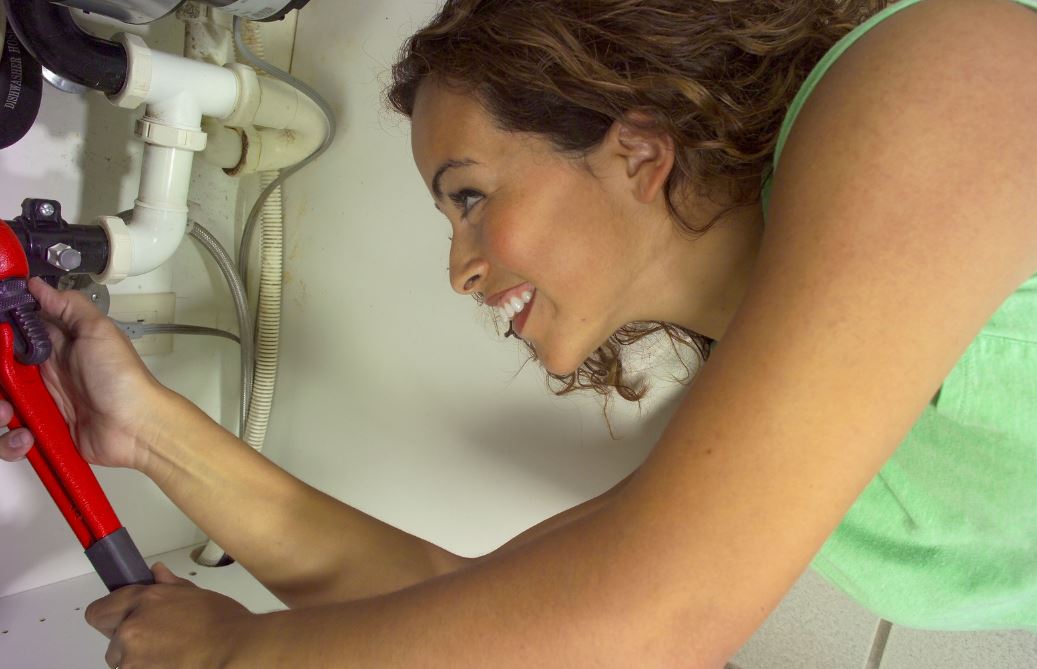You have unusually high water bills. You can hear water leaking throughout your home, but you can’t see where the leak is coming from. You see water flooding your floors.
Those are reasonable indications that you may be dealing with a major leak problem. Professional leak detection is necessary to address this issue.
Experienced Plumbers Can Detect Leak
Experienced plumbing professionals have the tools and knowledge necessary in the leak detection process. To correct this problem, you need to identify and isolate the source of the problem.

What You Can Do
Before you call a leak detection plumber, follow these steps to confirm that you have a water leak problem.
Outside the House
Start looking around your backyard, front yard, or garden. Check your sprinklers or other irrigation systems you’re using. Check if there are any exposed pipes. Inspect your air conditioning units and hot water systems. See if there are any unstable brick or damp areas in the garden.
Inside the House
Check for leaks in the bathrooms, kitchen, basement, powder rooms, or laundry. Look for dripping faucets, dishwasher, or washing machine connections. If you see any wet patches on the wall, then they might indicate a water leak.
Inspect your toilet for leaks. You can also do this by dropping a few drops of food coloring in the cistern, which is the receptacle for storing the liquid in the toilet. Without flushing the toilet, see if there’s any trace of food coloring in the bowl. If there is, then that’s a sure symptom of a water leak.
To do more leak detection by yourself without calling a plumber, follow these steps:
Turn off all appliances that use water. These include dishwashers, water heaters, and washing machines.
Check the numbers on your meter. The black numbers are the kiloliters; the red ones are liters. If the dial is fixed, recheck the reading after 10 minutes. If the liters number changed, then it may be a sign of a leak.
Professional Leak Detection
Plumbers specializing in leak detection are focused on identifying leaks effectively. They have the necessary equipment to do a non-invasive detection. In contrast, general plumbers perform more standardized services. If they do need to detect leaks, then they might do in invasively.
Non-invasive leak detection will need specialized tools such as acoustic sensors, snake cameras, and thermal imaging devices. These types of equipment let professionals detect water leaks without drilling into walls or slabs, digging up lawns, or dismantling surfaces.

On the other hand, general plumbers will mostly perform invasive leak detection, which may as well be called “calculated guessing.” General plumbers will probably not have the tools we mentioned to identify leaks. They will most likely need to drill or take apart your home without the right tools.
Specialized Plumbing Service
Leak detection is an aspect of plumbing that requires advanced experienced and innovative tools. Some plumbers are not leak detectors and vice versa. General plumbers and leak detectors have skillsets that complement each other and fixing water leak problems.
A leak detector can locate the origin of the leak without taking apart your home. The plumber can then fix this leak to solve the water leak issue ultimately.
How Does It Work?
The type of leak will indicate its frequency. It may have greater pressure coming from pipes underneath the ground. On the other hand, it may have lower pressure. These water leaks send out a frequency that can be picked up by a digital leak detector. The sounds leak make are then picked up by a specialized tool. This allows the leak detector to pinpoint the origin of the problem accurately.
Leaks Can Happen Anytime, Anywhere
Whether it’s from sinks, toilets, pipes inside the walls or under concrete, leaks can happen anytime and anywhere. Ideally, you’d want to detect the leak and fix it when it’s still a minor issue. However, even small amounts of leak can create significant problems. Water damage and mold issues can result in bigger headaches.
Final Words
To sum up, not all plumbers are capable of detecting leaks. However, most plumbing companies can do this service. However, to ensure that you’re getting a non-invasive leak detection, confirm with your plumber if they have the necessary tools to perform a non-invasive detection service.



